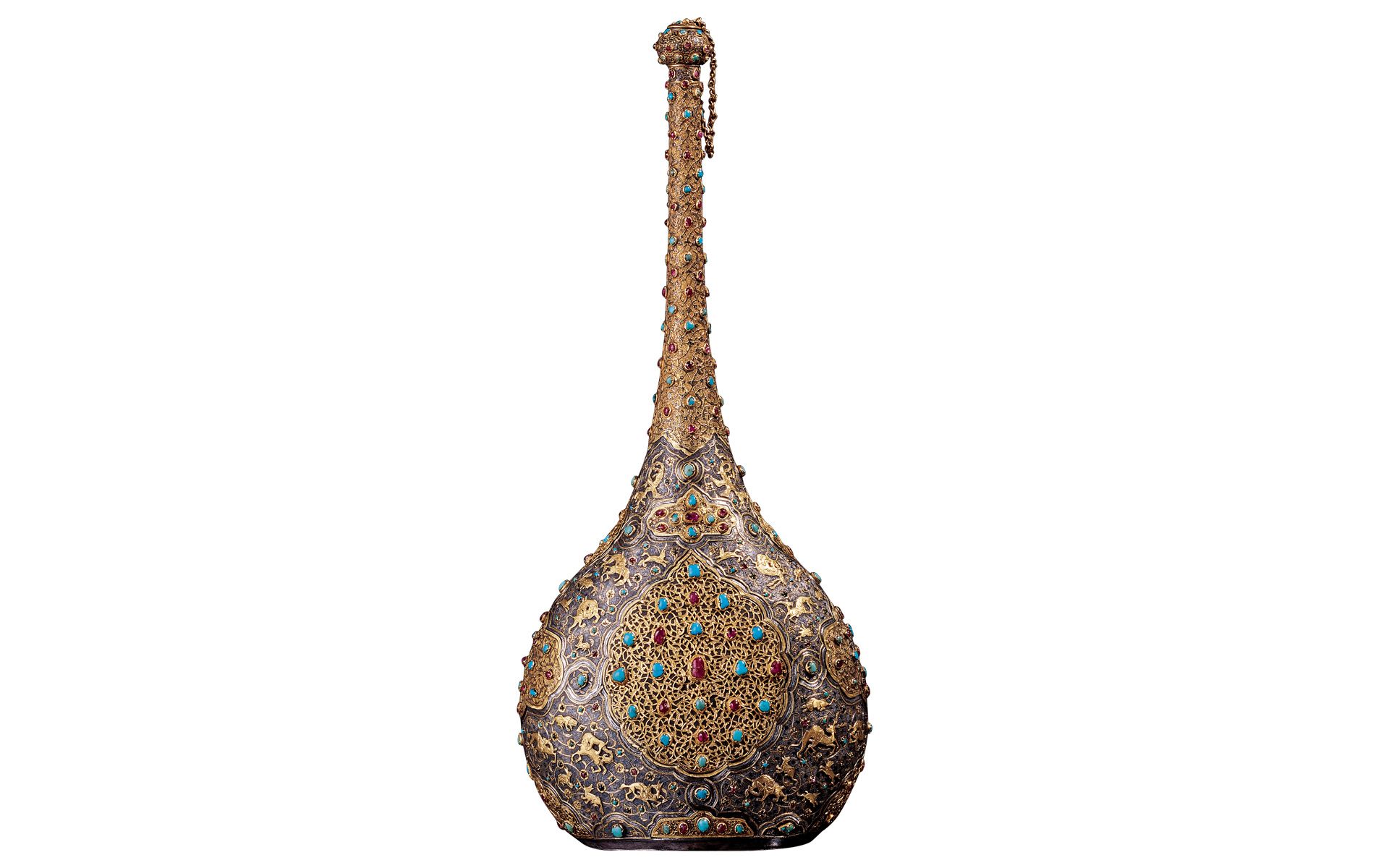Editorial: From Negation to Affirmation

Faith, we can fairly argue, is whole when it is affirmed with full conviction in one’s soul, mind, and body. Something feels missing if any of these three dimensions is not in the equation. Devotion in the heart must be supported with reason, so faith does not become blind dogmatism. Approaching faith only with reason without the expansive spiritual experience in the heart is imprisoning faith in the head. Practicing a faith tradition without reasoning and spirituality is downgrading it to any mundane cultural activity—one may sample some of its communal and psychological benefits but cannot taste the true inner contentment and joy that come along with full affirmation.
Experiencing faith wholly is usually a lifetime’s journey: a journey that usually starts and moves forward, oddly enough, with negation—negation of false gods, which pop up every now and then, perhaps in every moment of our existence, until we testify the truth of one, true God. This is the reason, it seems, why Islamic testimony of faith starts with a “no” (la in Arabic): “there is no god, but God.” This little phrase that starts with negation is not only a ceremonial introductory utterance as one enters faith, but an affirmation that one is expected to hold on to in his or her mind, body, and soul, until their last breath.
The holy month of Ramadan, which will be celebrated in March and April in 2023, is a time when sincere believers say “no” to many false gods. “Who or what are these false gods?” one might ask. “False gods” do not only mean the stone idols pagans worshipped in seventh century Arabia; knowingly or unknowingly, humans tend to glorify to the point of worship many things in our lives: oneself, wealth, careers, money, bodily desires, one’s family or tribe, science and technology, beauty and health, food, power, leaders (political or otherwise), etc. Everyone can make his or her own list. Fasting during Ramadan is a strong negation against a major portion of all these false deities, for it starts with one that is most essentially connected to our existence: food. We don’t even realize how dependent we have become on our cravings for things like coffee or snacks, that we cannot even imagine a day without them—that is, until we feel the negation of actually going a day without them.
But fasting during Ramadan is not only about abandoning food. The main purpose is to perfect our character by avoiding greed, arrogance, and conflict of all sorts, otherwise all one may gain from fasting is nothing but staying hungry for no good, as mentioned in a Prophetic tradition.









